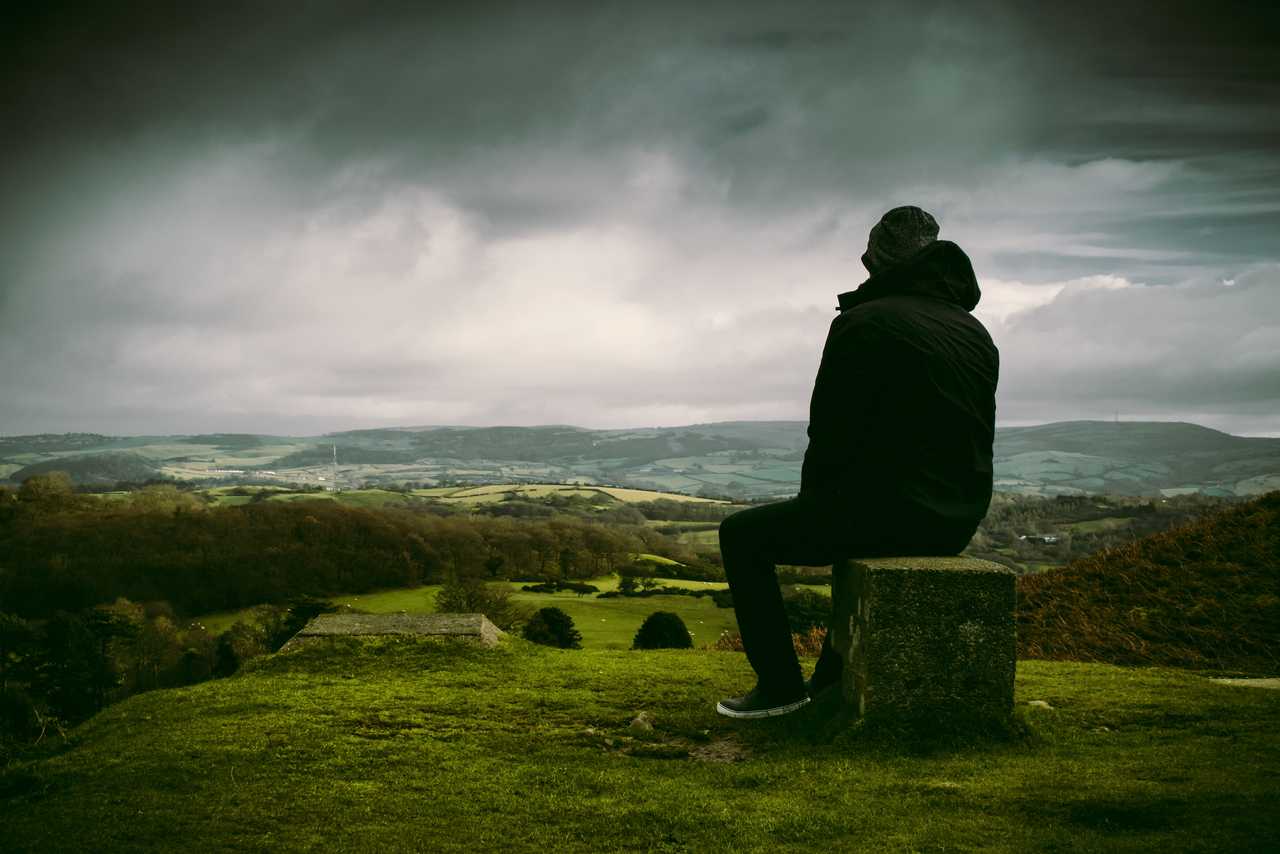An Experience with Mahamudra

A particular attraction of this retreat was for me the possibility of examining the stages of meditation as it deepened. In order that the process of moving towards a reasonably quiet and spacious state could become rather less haphazard, I had been trying to identify progression in my own meditation. I found the Mahamudra immensely helpful in this respect, clarifying the exact point where it is natural to bring forward the questioning frame of mind.
The concept of 'one taste' was new to me, and yet recognisable from within meditation. I have often puzzled over the way in which meditation affects our emotions. There are obviously various ways in which one might become steadier, calmer etc, but the idea of 'one taste' gets at the more fundamental shift that I sometimes sense is there, and sometimes get my 'tongue' around. All the feelings are still there, but they are going on in a much larger space, in which attraction and aversion fade away. This kind of experience seems quite different from being mindful of emotions, it's more that the whole problem of liking and disliking seems to fade away. This is something I only dimly understand, but 'one taste' brought my diffuse intuitions into focus.
As well as the gradual clarifying and appreciating of Mahamudra, I had some unusual experiences which seemed to begin with a quite blissful state. One evening I felt a continual sense of real warmth, flowing through my veins, with an almost sexual intensity. This went on for the whole evening. The following morning came what felt like a backlash, the opposite of the relaxation and acceptance that allowed the blissful feelings, an angry rejection of the whole process that encouraged, forced me, to come on retreats. "I hate Buddhism!" I remember thinking as this came to a head and then ebbed away.
A little after this, during the break between sittings, the buildings in the yard began to look 'insubstantial'. I cannot think of a better word. They had a transparent, paper-like, quality. I began to cry with a feeling of release, and, not wanting to return to the meditation hall to sit in floods of tears, I turned away and walked up the valley. There was no misery in this weeping, or indeed any images or thoughts that I recall - just crying, and wanting to walk on up into the landscape.
Halfway up the valley I looked over at the hill, to see that it had become a wave. The wave was huge, powerful, curving towards me, but nevertheless still a hill. I don't recall any thoughts at this point or even being there at all to reflect or think about it, but later the image that came to me was of the photographs of massive waves around Cape Horn with tiny boats climbing up the side of them. They had for me the same awe mixed with fear at the power of the wave.
The next thing I recall is walking with the landscape moving through me, rather than my body through the landscape. Then looking down across the valley and finding that the whole landscape had this wave-like quality, an enormous power as if the land had thrown off a net that had been restraining it.
It's a problem to convey this now. There were no images or words at the time, just the landscape showing its power, movement and the life that is usually hidden.
During an interview shortly afterwards I struggled, and I suspect failed, to convey something of what was going on. I was still partly in the experience and could not really reflect on it or make any sense of it. I remember John saying that it sounded like I had solved the koan of the eastern mountains moving towards the western shores, but I didn't know how seriously to take this. I also remember him saying something to the effect that when the 'eagle starts flying', the landscape moves, which I took (later) to mean that the experience was familiar to him. Looking back now this is encouraging, because I feel that experiences that are complete and become familiar seem to be the ones that change one's understanding.
- Publication date:
- Modified date:
- Categories: 1996 Other Retreat Reports Anonymous
-
 Western Chan Fellowship CIO
Western Chan Fellowship CIO - Link to this page
©Western Chan Fellowship CIO 1997-2026. May not be quoted for commercial purposes. Anyone wishing to quote for non-commercial purposes may seek permission from the WCF Secretary.
The articles on this website have been submitted by various authors. The views expressed do not necessarily represent the views of the Western Chan Fellowship.
Permalink: https://w-c-f.org/Q372-218
